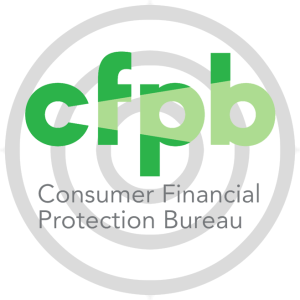Think a client won’t sue for misdirected funds? Think again!
 E-mail services, even those with the tightest security possible, can be hacked. We have heard local stories, as close as Rock Hill and Charleston, of funds being misdirected by cybercriminals through intercepting e-mails and sending out fraudulent wiring instructions.
E-mail services, even those with the tightest security possible, can be hacked. We have heard local stories, as close as Rock Hill and Charleston, of funds being misdirected by cybercriminals through intercepting e-mails and sending out fraudulent wiring instructions.
Law firms have taken action: encrypting e-mails, adding tag lines to emails warning that wiring instructions will not be changed, adding warning paragraphs to engagement letters, in addition to normal security efforts. Many offices now require confirmation of all wiring instructions by a telephone calls initiated internally. No verbal verification? No wires!
Last month, an attorney in New York was sued by her clients in a cybercrime situation. This time, the property was a Manhattan co-op, and the funds amounted to a $1.9 million deposit. The lawsuit alleged that the attorney used an AOL e-mail account that welcomed hackers. The complaint stated that had the attorney recognized the red flags or attempted to orally confirm the proper receipt of the deposit, the funds would have been protected.
The old phrase “you get what you pay for” is definitely applicable in these situation. Attorneys who continue to use free email services are putting themselves and their clients at greater risk for cyberattacks. Criminals understand that free email services have low security against cyber-intrusion, so they naturally gravitate to those accounts for their dirty work.
I heard one expert say that free e-mail services are not only not secure, they are also unprofessional! Surely, lenders will soon look at this issue as they decide who will handle their closings.


 Director Cordray stated in his comments last Thursday that this rule is a benefit to consumers because it will discontinue the practice of entities inserting arbitration clauses into contracts for consumer financial products and services and literally “with the stroke of a pen”, blocking any group of consumers from filing class actions. He said the CFPB’s research indicates that these “gotcha” clauses force consumers to litigate over small amounts ($35 – $100) acting alone against some of the largest financial companies in the world.
Director Cordray stated in his comments last Thursday that this rule is a benefit to consumers because it will discontinue the practice of entities inserting arbitration clauses into contracts for consumer financial products and services and literally “with the stroke of a pen”, blocking any group of consumers from filing class actions. He said the CFPB’s research indicates that these “gotcha” clauses force consumers to litigate over small amounts ($35 – $100) acting alone against some of the largest financial companies in the world. In an April 28 letter addressed to several industry trade groups and their members, Director Richard Cordray of the Consumer Financial Protection Bureau, said his agency has begun drafting a notice intended to provide “greater certainty and clarity” in the Know Before you Owe Rule.
In an April 28 letter addressed to several industry trade groups and their members, Director Richard Cordray of the Consumer Financial Protection Bureau, said his agency has begun drafting a notice intended to provide “greater certainty and clarity” in the Know Before you Owe Rule.